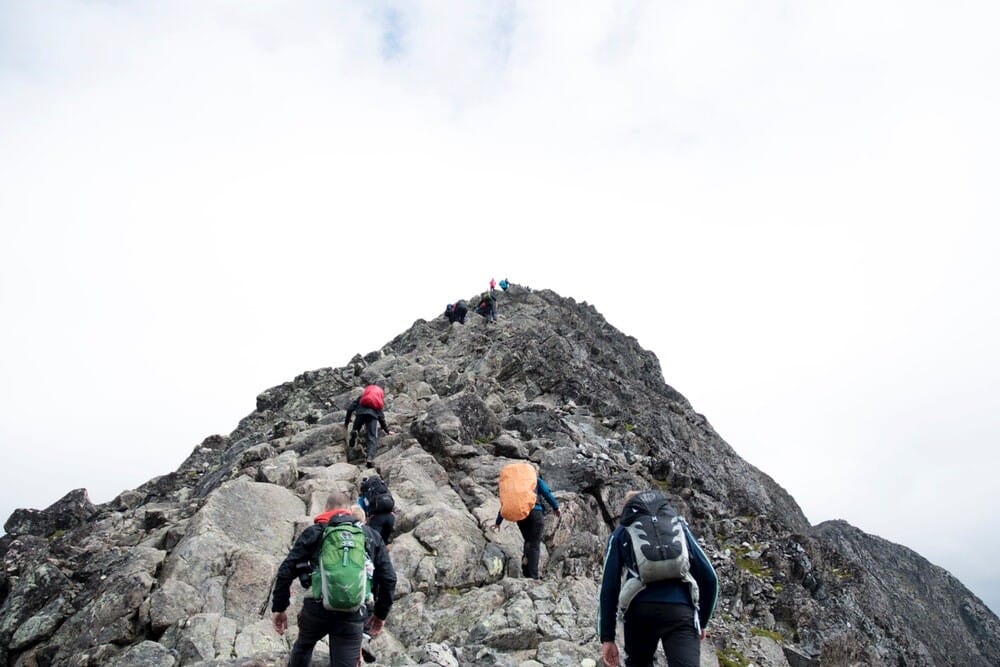The terms hiking and trekking are often incorrectly used interchangeably. Although they both consist of people walking outdoors, there are some significant differences.

The difference:
When going on a hike, the intent is to walk slowly and soak up the beauty in your surroundings. It usually doesn’t take longer than a day and it isn’t as physically challenging.
Trekking also involves hiking through nature, except this time it’s for the sake of traveling from point A to point B. Trekking can take anywhere from a few days to a few months.
Who is it for?
Hiking is for anyone who enjoys nature. The trails have gorgeous scenery consisting of lakes, streams and forests. If you’re visiting a foreign land known for its natural beauty, take a few hours to go hiking to explore all that it has to offer.
Trekking is for active people who are willing to push their bodies physically. All those people you see on National Geographic who camp in the outdoors in extreme weather conditions are professional trekkers. Through their experiences of trekking, trekkers become accustomed to being in the outdoors and living out of their backpacks, even during extreme weather and in highly difficult terrain. They camp out for the night and prepare their own meals.
Health Benefits
Hiking is an excellent way of lowering blood pressure, controlling sugar levels and reducing risk of heart-disease. People suffering from anxiety and depression can benefit from the therapeutic effects of hiking. It also helps you lose weight because of the amount of calories you burn.
Trekking too is great for weight loss and to boost cardiovascular health. It provides all the benefits of hiking but with greater intensity because trekking is more physically demanding.
Equipment
You require minimal equipment for hiking; just enough to ensure you don’t lose your way on the trail. You’ll need comfortable hiking shoes, bottled water, hiking pole and a compass.
For trekking you’ll pretty much need a survival kit, all of which should be able to fit into a single bag that you will be carrying on your hips and shoulders the whole time. For trekking you must have boots, camping gear, extra clothes, compass, a map and high energy-foods such as protein bars, dried fruits etc.
Since the definitions have such vague differences, the terms will continue to be used interchangeably.
Whether you call it trekking or hiking, you’re going to require specific outdoor gear for your expedition. We at Light Hiking Gear have a full-line of specially designed backpacks that make outdoor traveling more comfortable for you.
We have everything from ultralight backpacks for day hiking, climbing and backpacking, to full body bags for thru-hikes and extreme trekking.



0 comments